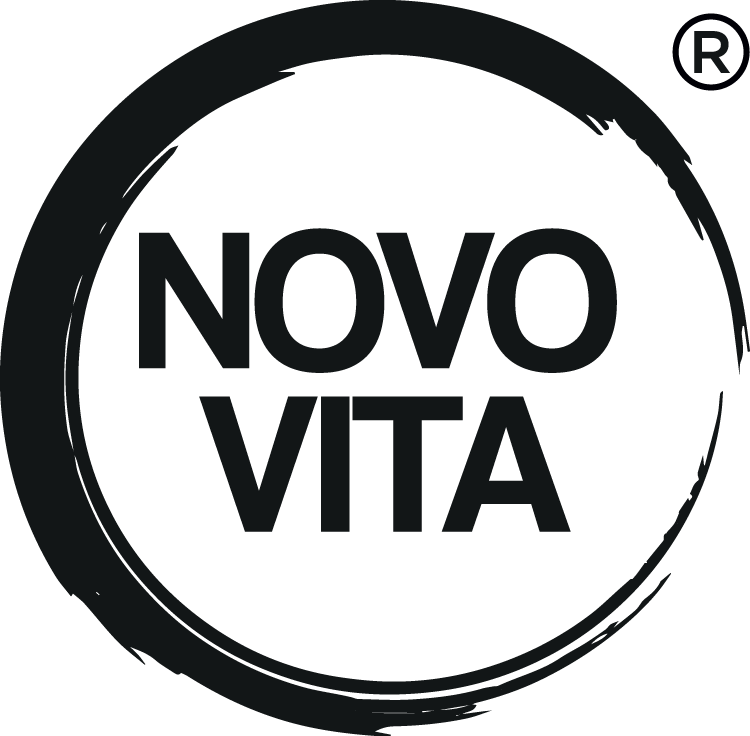Fats are an essential component of a healthy and balanced diet. Apart from giving flavour and texture to many foods, fats are critical to several essential functions in our bodies. They act as an energy source for our body and organs and help perform many functions, including maintaining normal cardiovascular health, brain, lung, immune and endocrine systems function.
There are two major types of fats saturated and unsaturated fats.
Unsaturated fats are classified into two types, known as monounsaturated fats (MUFA), where the fat molecule has one double bond, and polyunsaturated fats (PUFA) have more than one bond. The two major classes of polyunsaturated fats include omega-3 and omega-6 fatty acids, which can be naturally found in many plant-based and fish-based foods. These fatty acids are known as essential fatty acids, which your body needs for normal brain function and cell growth.
Polyunsaturated fats which contains omega-3 and omega-6 fatty acids essential for brain development and function, good heart and eye health. Yet, they are called essential fatty acids because your body cannot produce them, so you must ensure getting them from the diet.
Wondering how you can improve the quality of your diet and eat healthily?
Just replacing saturated fats with unsaturated fats will help you improve blood cholesterol levels, reduce the risk for heart disease, and benefit your overall health.
Omega-3
Fatty fish like salmon, sardine and mackerel, herring, and sardines have the most omega-3, but this can make it challenging for vegans, vegetarians or even those who simply don't like fish to meet their omega-3 fatty acid needs. Luckily, there are some plant-based foods with high omega-3 content, such as chia seeds, pine nuts, hemp seeds, walnuts, flax, sunflower seeds, algal oil.
Much of the benefits are associated with the omega-3 fatty acids EPA and DHA and plant-based foods only alpha-linolenic acid (ALA), which the body converts into both omega-3 forms EPA and DHA, but because the conversion process is inefficient, it is important to ensure an optimal intake of omega-3 fats by eating a variety of foods or taking dietary supplements. Optimal intake of omega-3 fatty acids has been scientifically proven to improve heart health, support mental health, reduce weight, fight inflammation, and support infant brain development.
Did you know that: Fish don't produce omega-3 fatty acids on their own. They accumulate omega-3 in their tissues by consuming algae and phytoplankton.
Omega-6
Omega-6 fats are a source of linoleic acid, mainly from vegetable oils, such as safflower oil, sunflower oil, corn oil, soybean oil, sunflower seeds, walnuts, pumpkin seeds. These fats are known to lower harmful LDL cholesterol and increase concentrations of HDL (high-density lipoprotein) cholesterol, also known as a ''good'' cholesterol, which absorbs cholesterol in your blood and carries it back to the liver, and the liver then flushes it from the body.
Although there are some opinions that Omega-6 fats don't share the same sunny reputation as omega-3 fats, since they are believed to be pro-inflammatory, it is still recommended to ensure adequate intake of these fats from the diet to achieve and support optimum health.
Vegan Omega Oil

Because your body's ability to convert ALA is limited it is essential to ensure to supplement your EPA or DHA from your diet or take oral omega supplements. Vegan Omega Oil formula is a cold-pressed, vegan and organic oil blend with 8 unique vegetable oils, which have a high content of omega 3-6-7 and 9 essential fatty acids.
This unique blend is based on high purity plant-based oils derived from Chia seeds, Flaxseeds, Borage, Hemp seeds, Pumpkin seeds, Sea Buckthorn and Rosehip to help you support your overall health.
We added Vitamin E, which acts as an antioxidant and helps reduce oxidative damage to oils 💚
Find this product here: https://novovita.dk/products/vegan-omega-oil?_pos=4&_psq=vegan&_ss=e&_v=1.0
References:
https://www.ncbi.nlm.nih.gov/pmc/articles/PMC6398820/
https://www.researchgate.net/publication/320730046_Flaxseed-composition_and_its_health_benefits
https://www.researchgate.net/publication/283507224_Rose_Hip_Rosa_canina_L_oils
https://www.researchgate.net/publication/305382741_Polyunsaturated_Fatty_Acids_Health_Impacts

